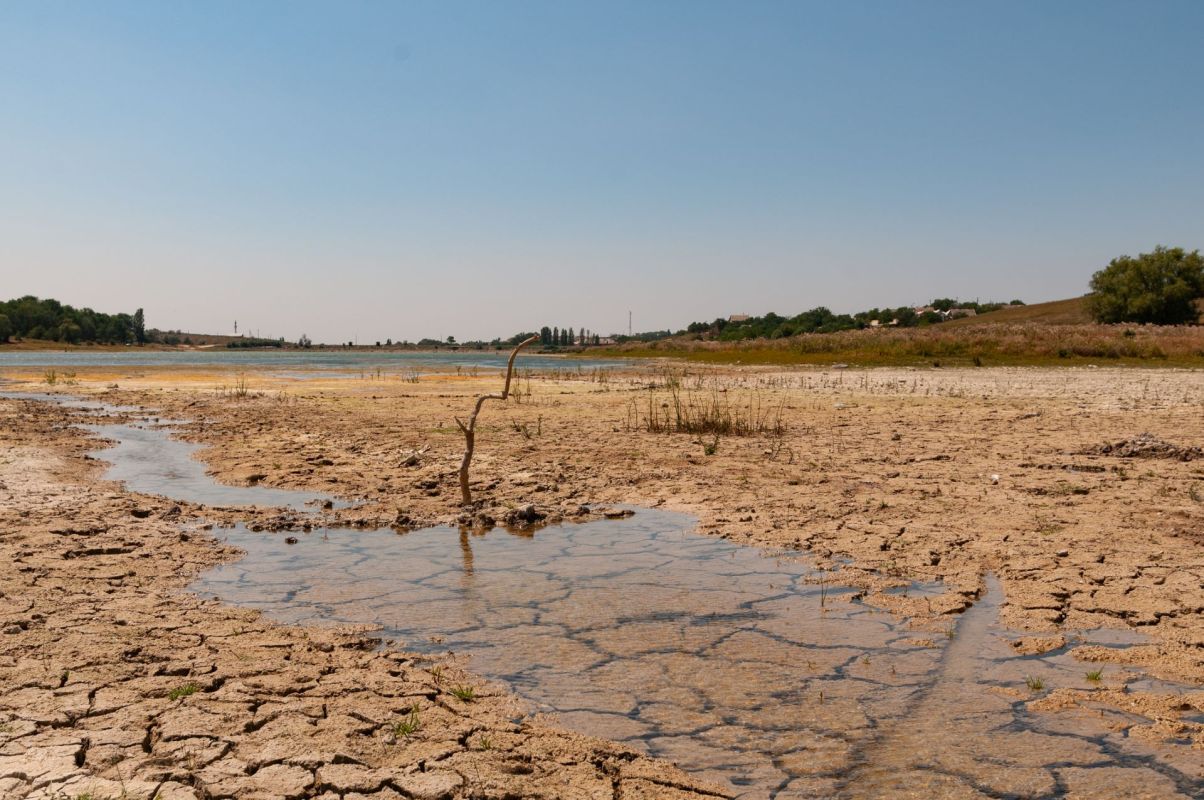Prolonged drought in Colorado is doing more than just drying rivers. It's also ruining the quality of drinking water, Inside Climate News reported.
Decades of little rain have brought water levels dangerously low, which is increasing the amount of heavy metals in the water people and animals rely on for hydration.
What's happening?
Human industrial activities have spewed an excess of planet-warming gases into the atmosphere over decades, causing our planet to heat up. This has also brought about an increase in floods and droughts in certain parts of the world.
As a result, the American West has been suffering from a powerful drought for over 20 years, a contributing factor in the drying up of important water sources, like the Colorado River.
But overuse is also to blame.
About 80% of the Colorado River goes toward agriculture, the majority of which goes to feeding cows for meat production.
Inside Climate News reported that a study led by Kathy James, an associate professor at the Colorado School of Public Health, has found increasing levels of arsenic, a carcinogen that occurs naturally in soil, in drinking water that has been depleted by drought.
As a result, it is estimated that the number of people in the contiguous U.S. exposed to dangerous levels of arsenic may increase from 2.7 to 4.1 million.
Why does arsenic in drinking water matter?
Exposure to arsenic from water used for drinking and irrigation of food crops poses a huge risk to human health, as long-term limited exposure can cause cancer and skin lesions and has been associated with cardiovascular disease and diabetes, according to the World Health Organization.
Melissa Lombard, a research hydrologist for the U.S. Geological Survey, told Inside Climate News, "I think it's a problem that a lot of people are not aware of. Climate change is probably going to impact water quality."
What's being done about it?
Julie Zahringer, a chemist and laboratory director of SDC Laboratory in Colorado, encourages people to test their drinking water for arsenic.
"It's colorless, it's odorless," Zahringer told Inside Climate News. "Most families don't know if they're drinking arsenic."
In addition, she said another potential remedy would be to install reverse osmosis water filtration at the kitchen sink, which costs about $300 from an outside supplier, reported Inside Climate News.
In 2009, a water-quality campaign also found high levels of arsenic in the area. The campaign, led by the nonprofit San Luis Valley Ecosystem Council, has worked with local real estate agents to make sure domestic water wells are tested for heavy metals before someone buys a home that uses those same water wells.
For now, it appears water testing and installing sophisticated water filtration systems are the best way to prevent residents from drinking water with dangerous levels of arsenic.
Join our free newsletter for cool news and actionable info that makes it easy to help yourself while helping the planet.









